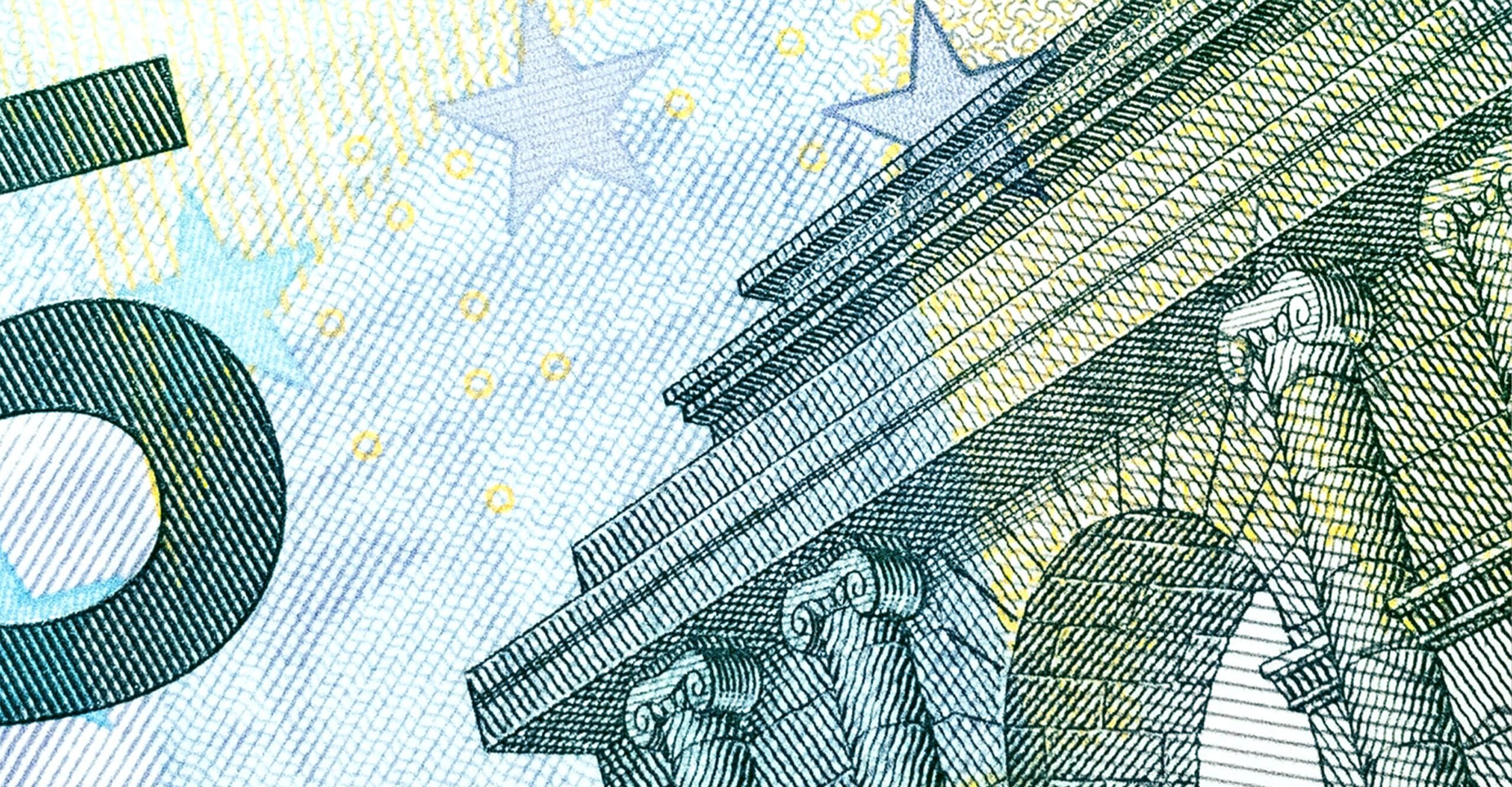
Is Germany Headed Towards a Recession?
The data from the ifo Institute and other indicators suggest that Germany, Europe’s largest economy, is facing challenges that could lead to another economic downturn. The ifo Business Climate Index, a highly respected early indicator of economic development in Germany, has shown a decline in confidence across all major sectors of the economy, including retail, services, manufacturing, and construction.
The confidence index has fallen to a 10-month low of 85.7, signaling a negative outlook among German companies for the current and future state of the economy. This sentiment aligns with a separate survey of purchasing managers, indicating a steep decline in activity not seen in three years, with falling new orders, inventories, and output.
The broader decline in leading economic indicators suggests the possibility of a contraction in the German economy for the third and fourth quarters of the year. Germany has been slower to recover from the COVID-19 pandemic compared to other Eurozone countries and the United States, with no positive growth recorded in Q1, Q2, and Q3.
Recent data also reveals weakness in the construction sector, with new orders falling by 2.7% compared to June 2022. High interest rates are believed to have filtered into the housing market, negatively impacting activity. Revised data on German GDP indicates stagnation in the three months leading to June compared to the same period in 2022.
Experts suggest that a lack of momentum in foreign trade, combined with high interest rates, will continue to weigh on the German economy in the coming quarters. Some figures in the finance industry even predict the possibility of a recession by the end of the year, with a potential recovery in 2024.
Given the grim economic outlook for Germany, analysts are speculating that the European Central Bank (ECB) may not raise interest rates for the 10th consecutive time at their next meeting in September. Despite headline inflation in the eurozone expected to be around 5% in August 2023, core inflation (excluding food and energy) remains a concern. The decision on whether the ECB will address core inflation with another rate hike or keep interest rates unchanged will likely depend on the evolving economic situation and the potential risks to the recovery.




